The dreaded red tide has been plaguing Charlotte County beaches and making the local birds ill.
The toxins from the red tide have already caused a negative impact on sea life, killing fish and sending other aquatic species into hiding.
Pamela DeFouw, executive director of the Wildlife Center of Southwest Florida, said, “We’ve definitely seen an increase of the birds coming in with red tide. A lot of what we’re getting are pelicans, a lot of different species of terns.”
There has been a huge spike in sick local birds, and DeFouw said that they were currently treating 50% more birds this week than last.
The rescue group has collaborated with rescue teams to patrol Southwest Florida beaches for sick birds.
The sooner the birds are treated, the better chance they have of making a full recovery. The longer they are lying sick on the beach, the more vulnerable they are to predators and other life-threatening threats.
Some of the treatments that they are using to help the birds include oxygen therapy and light therapy. In more severe cases, antibiotics are sometimes needed to help the bird recover.
It is a time-intensive process but well worth it if they can save these birds from suffering the same fate as so many aquatic creatures.
The red tide is so severe because, in April, the Piney Point phosphogypsum stack leaked around 173 million gallons of wastewater into Tampa Bay.
Sign this petition to put pressure on the government to clean up this mess and close the facility.
This article by Abigail Jane was first published by OneGreenPlanet on 2 September 2021. Lead Image Source : David Clode/Unsplash.
What you can do
Support ‘Fighting for Wildlife’ by donating as little as $1 – It only takes a minute. Thank you.
Fighting for Wildlife supports approved wildlife conservation organizations, which spend at least 80 percent of the money they raise on actual fieldwork, rather than administration and fundraising. When making a donation you can designate for which type of initiative it should be used – wildlife, oceans, forests or climate.
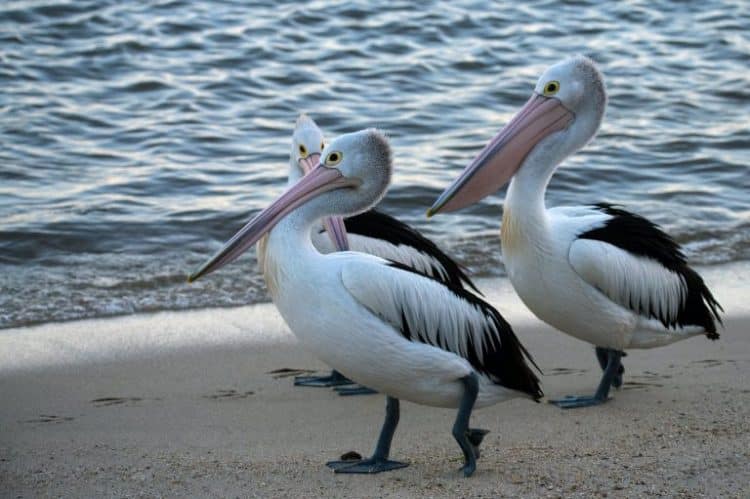

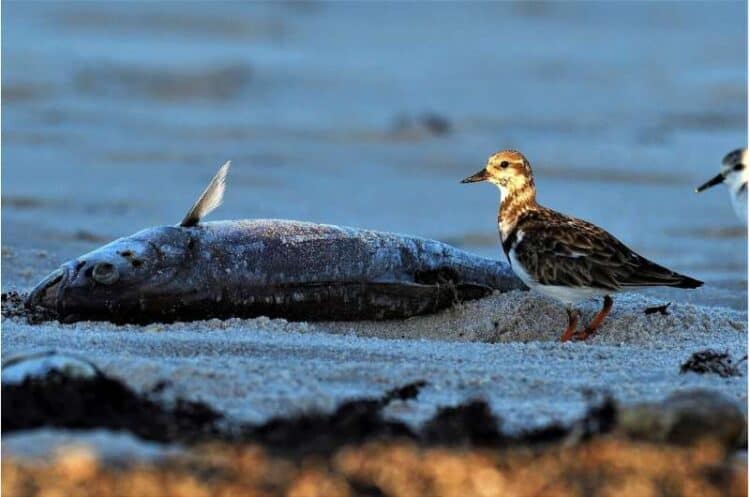
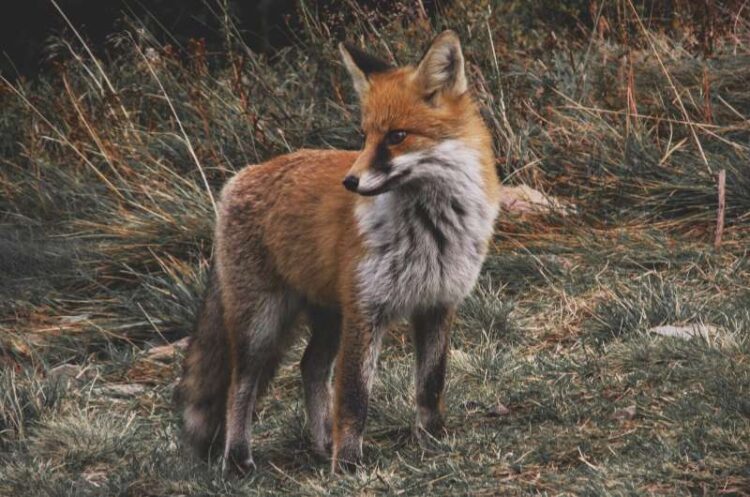
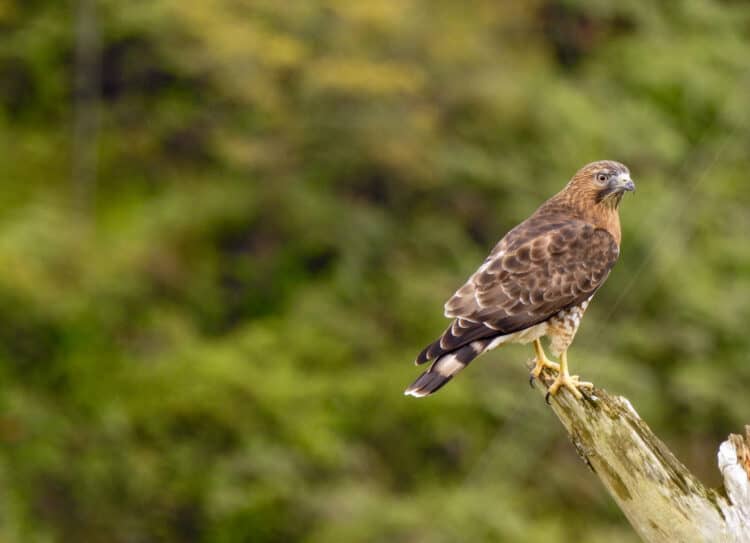
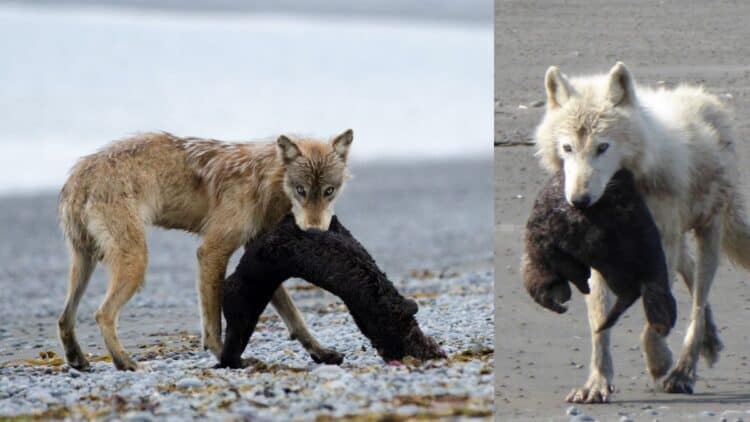

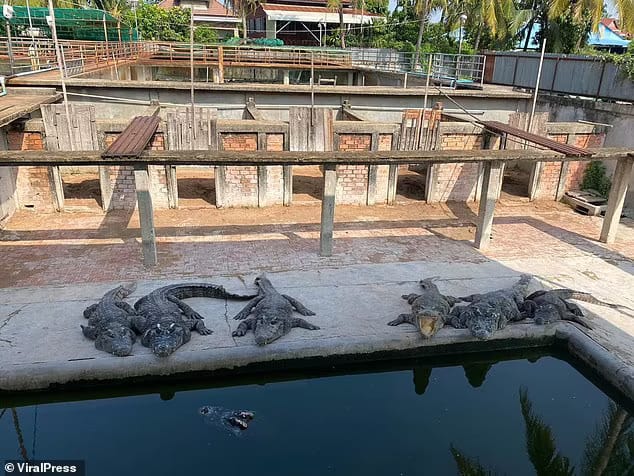
Leave a Reply